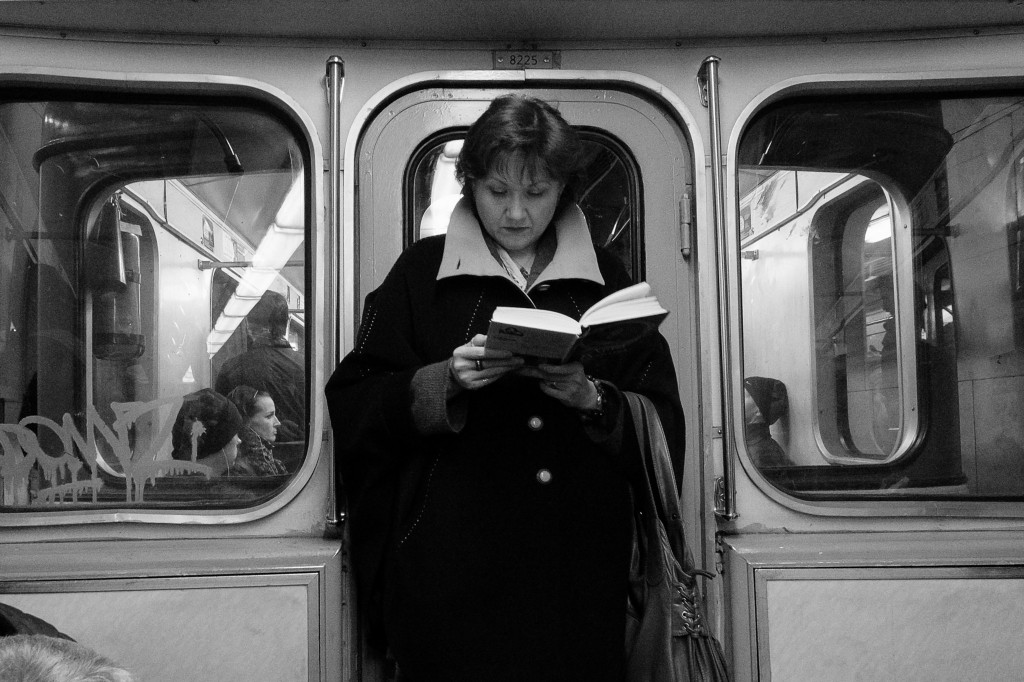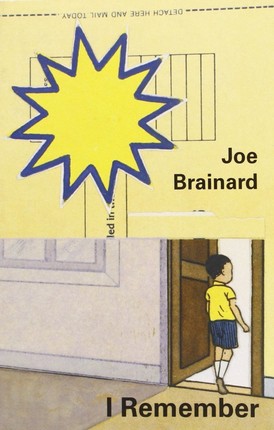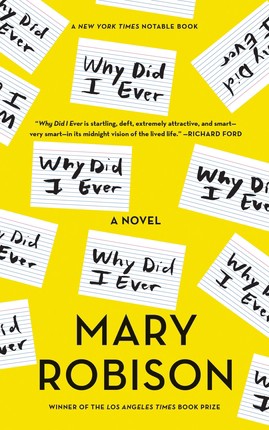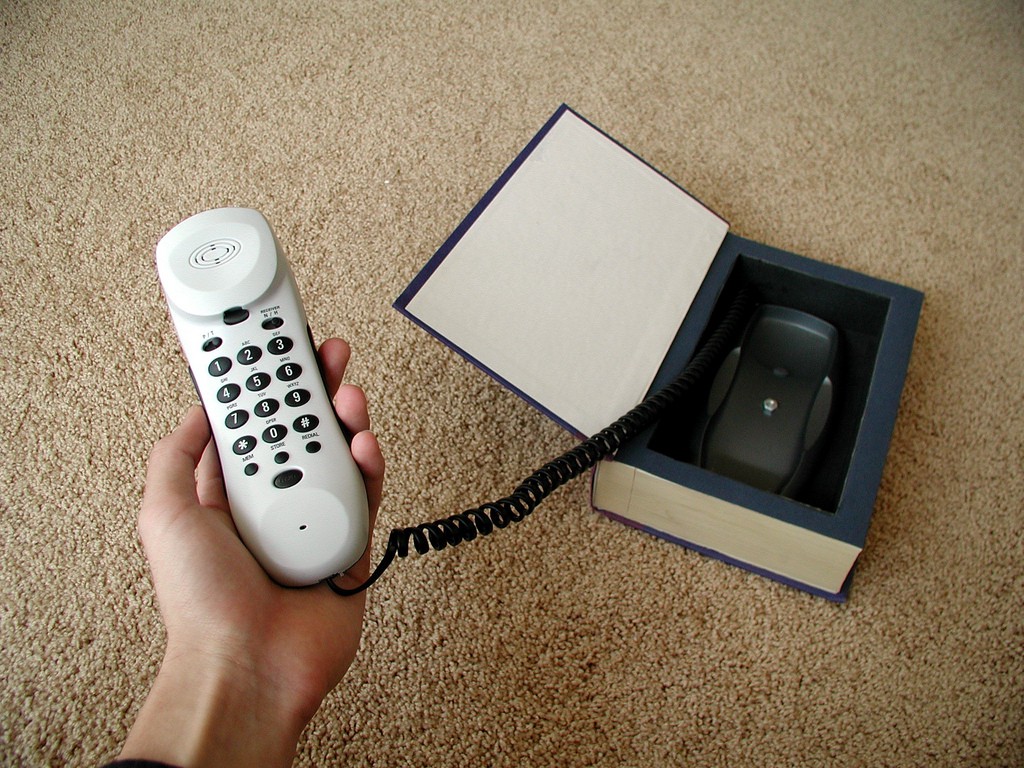Reading Lists
10 Books You Can Read in One Commute
Short reads you can finish in an hour or two

Most people hate their commute, but for me a long commute is a sacred time to read. Just out of college, I lived in Dublin, Ireland and I would take a long bus, almost an hour, to a job washing dishes in a Northside pub. The time alone with books was highlight of my time there. It didn’t matter that my boss was terrible and the job paid next to nothing, because there were two glorious hours on either side of it where I could escape into a different world.
Incidentally, my new novel, Empire of Light, is a slim 112 pages and can easily be knocked out on the way to and from the office. The teenage protagonist of Empire of Light, Alvis Maloney travels westwards after an adolescent prank results in a death. Booklist praised my book as “[a] fever dream of a second novel… Benzos aplenty are snorted, and hard truths are revealed in modern cowboy-storyteller Maloney’s coming-of-age fable.”
Whether you’ve got a short commute or a long one, here are some recommendations of great books you can knock out in one trip to the office and back. I think poetry and non-fiction get overlooked in people’s commuter reading habits so I’ve tried to include some you might not think of. Ranging from novellas to memoirs, the following is a totally subjective and personal list of some of weird, wild, and wonderful books I’ve enjoyed while on public transportation.
I Remember by Joe Brainard
My favorite memoir where every sentence starts with the phrase “I remember.” The repetition oscillates the reader between wildly specific memories and completely universal ones. Brainard died young of AIDS and his book creates a self portrait that is personal and worldly, unlike any other.
Ballad of the Sad Cafe by Carson McCullers
A short novel set in Depression-era Georgia about a complex woman who accepts a stranger into her life. I came to Carson’s work late in life and her work stunned me. Her sentences are deceptively complex and her stories hold in them the secret griefs of misfits and outcasts. The story is simple: a hunchback comes to town and things are never the same.
Between the World and Me by Ta-Nehisi Cotes
Between the World and Me is Ta-Nehisi Coates’s personal exploration of America’s fraught racial history, written as a letter to his adolescent son. Along with its important ideas, Between the World and Me is a provoking experiment in style. Part memoir, part political science tract, part lyric essay, this book brims with energy and movement. I recommend listening to him read this as an audiobook.
The World Doesn’t End by Charles Simic
A strange and surreal book of prose poems. I was recommended this book by a friend and it has become one that I can’t keep on my shelf because I just keep giving it away. Simic’s darkly comic poems are mysterious and spare. Although it’s short, you’ll find yourself lingering over an image for hours. The opening line is one of my favorites of any book: “My mother was a braid of black smoke.”
Spy of the First Person by Sam Shepard
Sam Shepard’s last novel about a man spying on a dying neighbor. I could’ve put any number of Sam Shepard’s books or plays on this list but Spy of the First Person, his last book, hit me hard when I read it last year. It’s broken up into short chapters, some are just extended memories. Shepard wrote it while dying of ALS. You can feel the sorrow in each page.
Novels in Three Lines by Félix Fénéon
I love the NYRB reissue of this bizarre work of nonfiction. Originally written anonymously as items in a french newspaper in 1906, these “novels” cover everything from murder to the mundane. At times funny and horrific, the economy of style and outrageousness of the subject matter make for a compelling read that’s larger than the sum of its parts.
Ray by Barry Hannah
The novel follows Ray, a pilot and doctor, who falling in between himself and his visions. But the real joy is the prose. Hannah is a master of the sentence. Taking the reader to vivid and hallucinogenic places and back in the time it takes most novels just to get started.
In Watermelon Sugar by Richard Brautigan
Richard Brautigan’s tiny surreal masterpiece set in a post apocalyptic hippie commune. My pick for best Brautigan. I love his imagination and how unafraid of it he is. He never wavers in his goofiness that never fails to end up in sadness. The novel follows the citizens of a place called iDEATH, which seems to be a joke about our times in 1968.
Why Did I Ever by Mary Robison
Why Did I Ever reads like a modern-day epistolary novel. A masterpiece of compression. The novel takes place in short bursts of prose as if broken off from some unseen whole. The thrice divorced protagonist, Money Breton is having a hard time keeping it together . Money has to worry about the I.R.S pounding on her front door and her two children (her daughter a recovering drug addict, her son, the victim of a heinous crime, living under police protection) while trying to not get fired from a job as a Hollywood script doctor that she hates. Fragmented and sharp, the easily digestible paragraphs all make for a commute.
Vanishing Point by David Markson
This is one of Markson’s last four books that all take on the subject of death. In this meta novel, an elderly writer, the anonymous “Author,” sets out to turn shoeboxes full of notecards into a novel. Written on notecards, Markson focus the bizarre facts of biographical death rather than character and plot. You can dip in and dip out of the book easily but when read continuously, a picture of the Author emerges that is thrilling as it is devastatingly sad. I’ve always called it page turning experimental fiction.



















